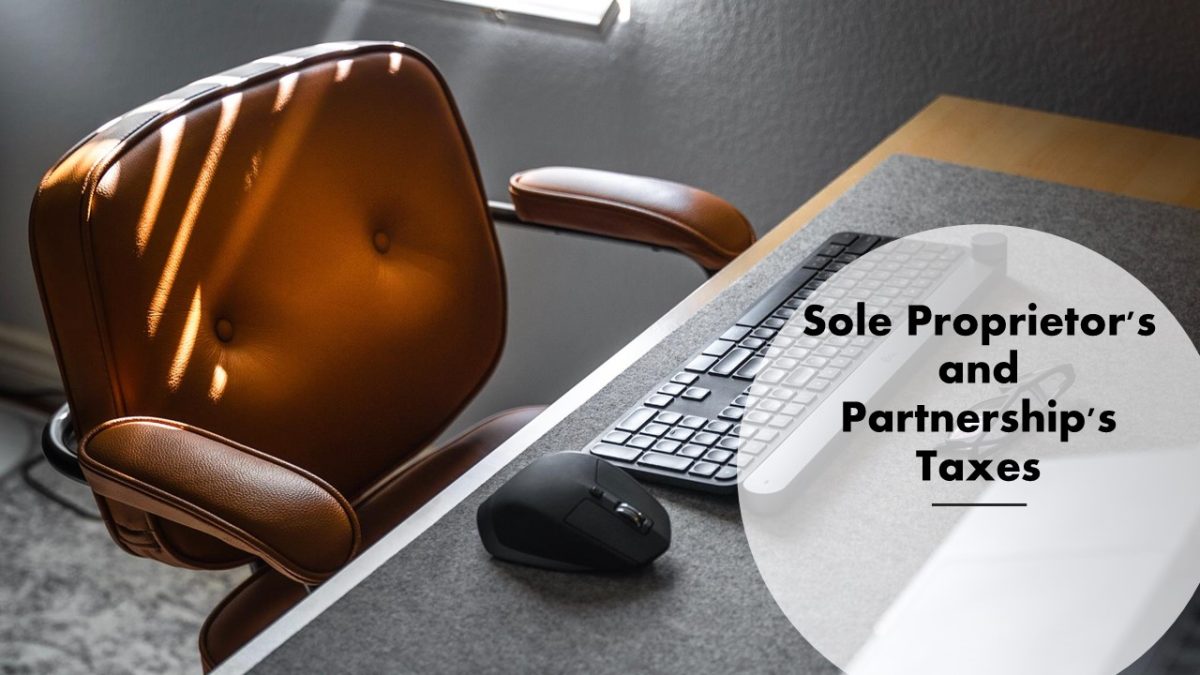Tax Liability
Upfront tax estimation
In Malaysia, the tax authority collect taxes from sole proprietorship and partnerships upfront. The upfront tax estimate will be payable bi-monthly in 6 instalments. You will receive a letter from the tax authority, the CP500, informing you of the amount of taxes which you need to pay. Each year, you should receive the letter in the month of February or March through email or post. If you have yet to received it by end of March, you may want to go to the nearest tax office and get hold of the letter.
Penalty on failure of paying upfront tax estimation
It is important that you get hold of the letter because if you do not, you may not know how much tax you need to pay. Failure to pay within the stipulated time will result in a 10% late payment penalty. Businesses are advised to contact IRB office to check whether such CP500 is applicable to you.
Rights of Sole Proprietorship and Partnerships
It is also very important that business owners observe the amount of taxes that is stipulated in the letter as the tax amount maybe excessive. As mentioned earlier, business owners do not compute the tax estimates themselves. However, business owners are allowed to revise their tax estimate, by submitting a revised tax estimate by June every year.
Submission for Tax Return
The taxing period for a sole proprietorship and partnership is January to December each year. The due date for submission of tax return is 6 months from the end of December each year. As an example, my basis period starts from 1 January 2020 to 31 December 2020. By 30 June 2021, I will have to submit my tax return to the tax authority. As a sole proprietor, I will be submitting what’s called the form B whereas for a partnership, a Form P will be submitted. Subsequently, individual partners within the partnership will submit Form B.
Tax Rate for Sole Proprietorship and Partnership
The tax rate for Sole Proprietor and Partnership varies based on scale rate ranging from 0% to 30%.
Record Keeping
s.78 of the Income Tax Act
s.78 of the ITA – enables the tax authority to prescribe the form of records a taxpayer must keep in order to ascertain the income or expenditure of an operation.
s.82 of the Income Tax Act
s.82 of ITA – demands every taxpayer to keep sufficient records to be ascertained.
Records are defined to include:-
- Books of accounts
- Invoices
- Receipts
- Vouchers
- Any other records as may be specified by Director General
Pursuant to public ruling 4/2000, 5/2000, 6/2000, those records include:-
- Cash book
- Sales ledger
- Purchase ledger
- General ledger
Supporting documents such as:-
- Invoices,
- Bank statements
- Bank in slips
- Cheque butts
- Payment receipts
- Payroll records.
A valuation of stock in trade should also be made at the end of the accounting period with proper documentation maintained.
s.82A of the Income Tax Act
s.82A of ITA – requires person to maintain sufficient records so that chargeable income and tax payable can be ascertained.
Any private money used in business, personal drawings, non trade debtors or creditors, assets, bank accounts, overdrafts must be recorded. Documentations of the aforesaid nature must be retained.
Basis Period
In respect of sole proprietorship and partnerships, the basis period for their business source shall close on 31 December. This also means that all other income sources such as employment, interest and rental will also be taxed in the same basis period or calendar year.
If you need any assistance on our tax filing services, please email us at admin@ancgroup.biz or call us at 011-1217 8183




